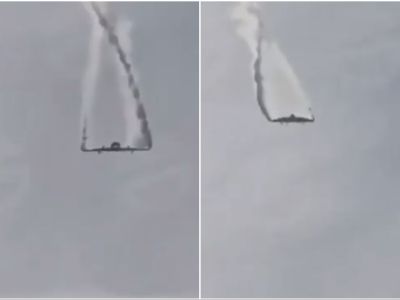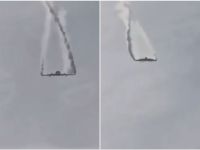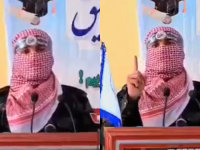The Middle East crisis has underlined the critical need for the European Union to speak with a common voice on the international stage, EU foreign and security policy chief Javier Solana said Tuesday.
Solana's post, created a year ago, was ideally suited to help tackle the upheaval threatening to derail the peace process between Israel and the Palestinians, he said in a speech at Tokyo's elite Keio University.
"For the first time, Europe can speak with a single voice on foreign policy, and its foreign policy can be represented by a single person," he said.
"It is possible for a single representative to participate in negotiations in a regional or international crisis situation, as I was able to do at the recent Sharm el Sheikh (Middle East) summit" in Egypt.
NATO remained Europe's pre-eminent collective defense organization, but the EU planned to create a rapid reaction force of its own, comprising 60,000 troops and 5,000 police officers by 2003, Solana noted.
"We cannot continue to publicly endorse values and principles while then calling on others to defend them when they are under threat," he said in a reference to the United States.
Solana arrived in Tokyo late Monday from Beijing, where he took part in a Sino-EU summit tackling China's imminent entry to the World Trade Organization.
Before Beijing he attended the third annual Asia-Europe Meeting (ASEM) in Seoul, which turned into a diplomatic coming-out party for North Korea as it clinched promises of normalized relations from Britain, Germany and Spain.
"The all-important (June) summit at Pyongyang between the Democratic People's Republic of Korea and South Korea launched a process of detonate which continues to move forward," Solana said.
"We in Europe are watching closely the latest developments and we will be examining how best we can contribute to this process," he said.
Since 1995 the EU has given North Korea 30 million euros (25 million dollars) in food aid, and 70 million euros in humanitarian aid, he noted, "and further food security assistance is being considered for 2001."
Turning to the embattled euro, the EU foreign policy supremo said currency fluctuations were par for the course, as the euro hovered above its record low against the dollar in Tokyo trade.
"But of one thing we are sure: the euro is a catalyst for significant restructuring of the financial markets in Europe. They are becoming deeper, more liquid, more efficient," he said.
"In a globalized economy, the euro is a precious asset for business operators: whether European or foreign; whether they import or export goods or services; whether looking at prospective investment in Europe, or elsewhere.
"The euro makes life easier for overseas investors, including those from Japan."
Solana was due to leave Tokyo late on Tuesday, after meeting Japan's Foreign Minister Yohei Kono and academics -- TOKYO (AFP)
© 2000 Al Bawaba (www.albawaba.com)









